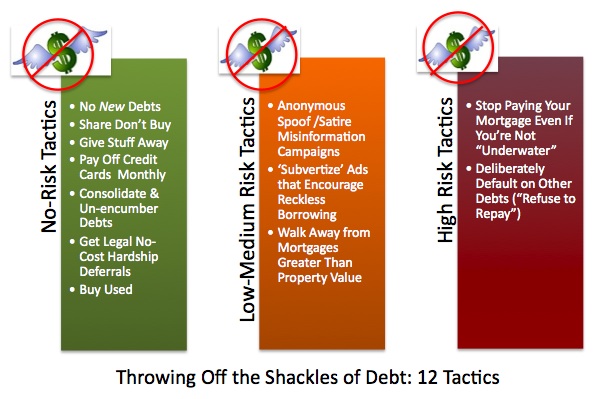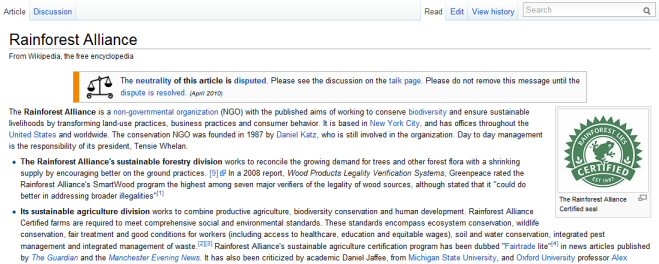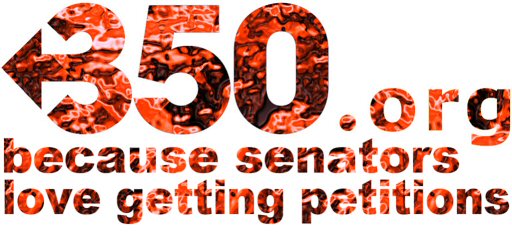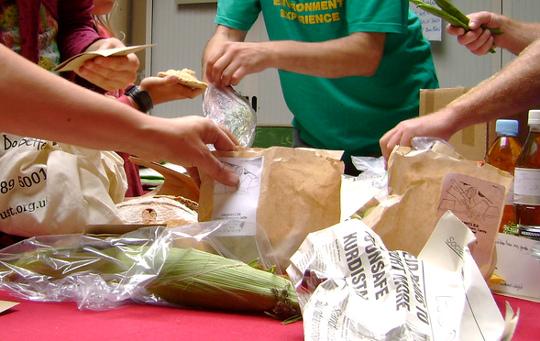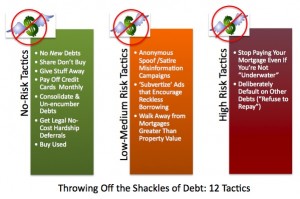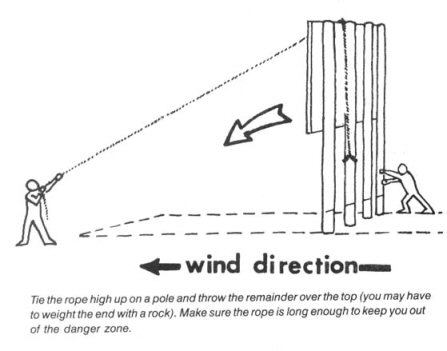Undermining in 2010: How Did I Do?
Posted by keith on 27th December 2010
There is something very human in looking back over a specific period of time and reflecting on what you have achieved, failed in or could just have done a bit better. It’s part of the learning process that civilization discourages, because if we really did look back and reflect upon what really matters to us, then we would – me included – have more than a few regrets as to how little we actually did. All that time spent shopping, watching TV, social networking, being taught pointless bits of information at school so we can end up doing pointless things at work in order that we can shop, watch TV and socially network…a boon for the industrial economy; another nail in the coffin of life.
But among that monotony and technologically-assisted repetition are signs that change is happening: that the system is creaking under the joint pressures of material shortage, financial instability and – how it warms my heart to write this – a determination from formerly benign quarters to no longer take this toxic existence lying down. The impact of WikiLeaks on the psyche of people who previously might have considered freedom of information a luxury, is perhaps the most high-profile indicator of this change; but there are other signs, such as targeted rioting across Europe, an upsurge in on-the-ground direct action in the Americas, and a not-too-insignificant backlash against the mainstream environmental movement’s stubborn intransigence. In parallel with that is the growth of survivalist and anti-civilization groups, and a widespread move towards self-sufficiency.
This is just a tiny taster of what is perhaps a much wider air of discontent with the industrial system, but there is no room for complacency – it is just as likely a reaction to financial hardship, rather than altruistic, or communal, desire; nevertheless, the light of humanity does seem to be flickering back into life.
For my part, I have been involved in a number of external and internal struggles that have manifested themselves in all sorts of unexpected outcomes. The Unsuitablog has provided a frosted window for peering into some of these, and given that I made Undermining the focus of this blog in 2010, I think it only right to explain, as far as I can, how I think I did in this area. As I made clear in the opening salvo of this year-long campaign, being an interested bystander was no longer an option. We all had to, and could do something significant:
“One action a month, by every person who reads The Unsuitablog: that’s a lot of actions that could really drive some terminal nails into the coffin labelled “Hypocrites”, helping to free up the minds of a misled and brainwashed public.”
The rule I set myself was that for every Monthly Undermining Task article posted on The Unsuitablog, I would do at least one of the tasks contained therein. I don’t believe in passing the buck; we all have a part to play, and if dramatic change is to happen we have it within our gift to provide the environment where that change can take place.
January‘s “The Great TV Turn-Off” was the opener, partly because television is such a ubiquitous and usually negative influence on humanity, and partly because I wanted to provide some ideas that everyone could carry through with immediate impact, and without great risk to themselves. After a few forays in local shopping malls with my TV-B-Gone, I decided to upgrade to a high-powered TV-B-Gone model (my first soldering project) that was so effective I had to make quick exits from a number of stores. On Christmas Eve 2010 I discovered, to my delight, that Burger King menus were now on LCD TVs…I didn’t hang around to see the chaos. Sadly I never had a chance to use my Grid Key Switch, but will try my best in the new year.
February‘s “Time To Break The Ads” saw a sudden outbreak of torn billboards in my hometown, along with AdBlock Plus becoming a staple of every computer I tuned up in my work. Again, I wasn’t ever in a position to switch off lit billboards, but did a fair bit of poster “reconfiguration”.
March saw the joint campaign called “Throwing off the Shackles of Debt“, which featured prominently in the ouvres of three writers of far greater significance than myself, creating a huge amount of fuss in one particular place. As a family we, even with a move from England to Scotland, reduced our spending and reinforced our desire never to be indebted. That month I sent a fake press release on behalf of a major retail bank to dozens of radio stations in the UK outlining the bank’s plans to go loan-free. As with most undermining activities, I have no idea whether this came to anything, but on the other hand did it with no comeback whatsoever (partly due to posting the letters in a different part of the country).

In April I targeted the school system, and it’s brainless testing regime in “Sack The SATs“. This coincided with our move to a place that does not have the regime I railed against, but while in England there was time to persuade a few parents not to subject their children to extra-curricular cramming classes, and steadfastly refused to give any time to pre-SATs homework. It was wonderful to learn that a quarter of schools had, for their part, decided to boycott English SATs – a serious blow for the testing regime. Immediately after moving we learnt about the joys of unschooling with one of our children, though haven’t quite got to the point where it’s necessary to take them out of school altogether – they need to make friends, after all.
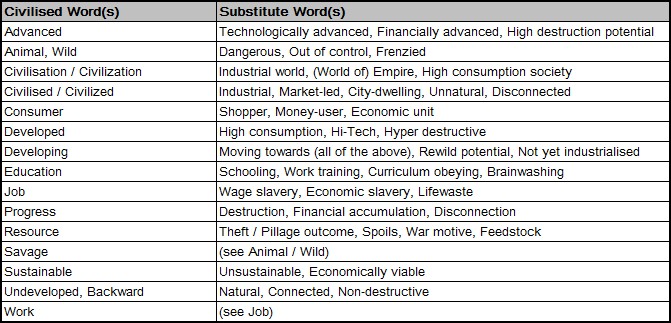
In May it was time to “Mind Your Language“, for which I took a more analytical approach towards, publishing a major piece on The Earth Blog, which was republished in far more high-profile locations. Subsequently I have been a lot more careful with my own use of loaded words, but not being in more public-facing role there hasn’t been a lot more I could do.

June‘s “It’s The Freeconomy, Stupid!” coincided with the profile raising of the Freeconomy movement, particularly the Guardian’s featuring of Mark Boyle’s work – so I can’t take any credit for that. However, my barter-based computer servicing business has been quite successful, both in terms of work and the number of people in our village taking a renewed interest in bartering and sharing of goods and skills. In the 5 months since the business was established I have worked for: vegetables, the services of an electrician, some shelves, the labour to build a chicken fence, a loft full of sheeps wool insulation, a hand-made scarf and all sorts of knick-nacks that were offered.

July encouraged people to “Escape The Tourist Trap“, but I have watched in dismay as people close to me seem to have taken more overseas holidays, not less; although we have come across an array of neighbours who think close to home (or at home) is the best place for a holiday. For my part, we steadfastly refused to go any further than back to where we used to live, and even paid for a (relatively cheap) holiday next year which included people who might have otherwise gone far further afield. Fortunately for society in general, icy weather and industrial action stopped an awful lot of needless vacations in 2010, which is some comfort.
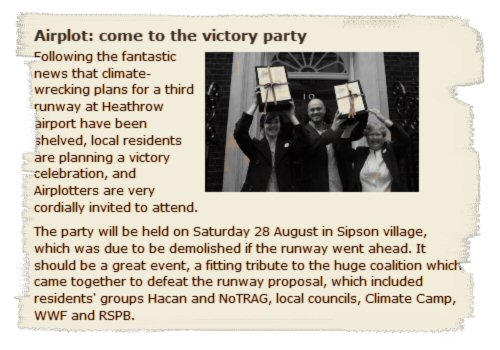
In August I wanted people to “Crash The Mainstream Environmentalists’ Party“, which saw a major ally in the form of the Cochabamba Agreement that made clear which NGOs were actually on the side of Earth and the people. It turned out that few were – the presence of the Agreement can only make things increasingly uncomfortable for the mainstream. I’m afraid I was distracted from doing anything really effective myself at the time, apart from becoming the bane of the Nature Conservancy Facebook Group, and publishing a few blogs about NGO hypocrisy here; but I have a couple of irons in the fire which will become apparent in 2011.

I was 40 in September. Just thought I’d mention that, and the fact that it just made me more determined to get stuck into things. I started writing a new book all about Undermining, but can’t really put that into the mix until its published. I did take a swipe at the fashion industry in that month, and October, making “Unfashion” the priority. Being a distinctly unfashionable person, there is little more I can do to change things at home, though I am working with a friend who produces goods from scrap and offcuts, and doing my best to imbue everyone with a love of the second-hand. Unfashion is more a state of mind than an activity, but if you fancy taping up any new year sales as a crime scene then be my guest…

The last published MUT was in November. Entitled “The Online Infocrunch” it was a shout-out to everyone with a taste for online activism to subvert and correct the skewed worldview given to us by the internet heirarchy. I have carried out a few subtle corrections to Wikipedia, helped out with a few bits of online subterfuge and – earlier in the year – created my own fake online announcement which made it to the front page (as a refutation) of the target company’s website. To my sheer joy, the company involved later pulled out of the relevant activities, although I probably can’t take much credit for that. I guarantee that more of the same will be happening in 2011.
Finally, I intended the December Monthly Undermining Task to be related to WikiLeaks, with a call for people to help the site, and to leak information wherever possible. Then I got involved in a bit of hard reality, and with the help of a few other people, EnviroLeaks was born. This is ostensibly an extension of the call for information from readers of The Unsuitablog, but with the stakes so much higher now that information leaking has become mainstream news. EnviroLeaks is not a substitute for WikiLeaks: we hope instead it will complement that offering with a more conversational and also targeted approach to environmental malpractice.
2011 may be a bit more barren on the pages of The Unsuitablog due to this and other committments. We all have so much to do – and even if we can’t or shouldn’t write about it, doesn’t mean it isn’t happening. Have a great and very active 2011.
Keith
Posted in Exposure, Monthly Undermining Tasks, Reviews, Sabotage, Spoofs, Subvertising, Unsuitablog News | No Comments »







